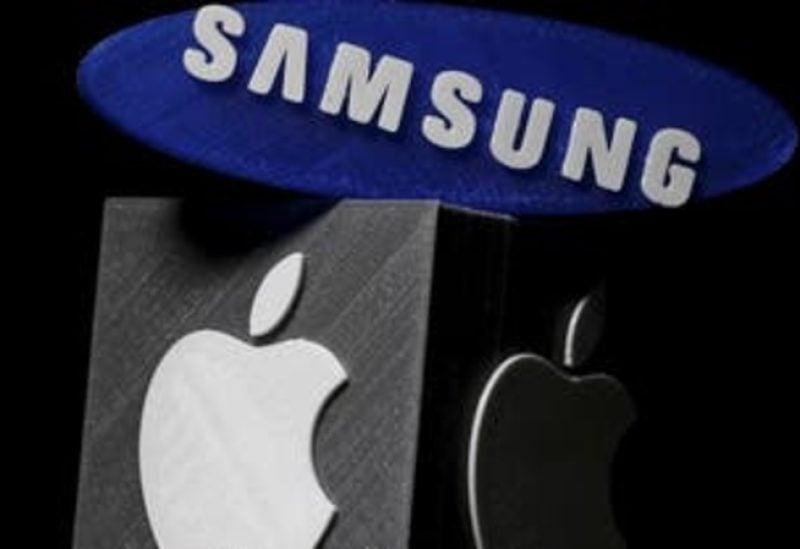Nearly three-quarters (72%) of consumers trust companies less than they did a year ago
By : Basel Khaled
Salesforce’s latest State of the AI Connected Customer research reveals consumer trust in companies is at a record low and that AI is raising the stakes for brands. Today, 60% of consumers believe that advances in AI make trust even more important.
And with AI agents on the rise, the findings point to real opportunities for companies to win back consumers with trustworthy AI agents this holiday season. This opportunity is greatest with Generation Z, with almost a third of Gen Z consumers saying they’d be comfortable having an agent shop for them.
Why it matters: Faced with a challenging holiday shopping season and sinking consumer trust, brands can’t afford to get AI wrong – especially as more than $200 billion in global online sales will be influenced by AI this holiday season.
AI agents, or intelligent software that understands and responds to customer inquiries without human intervention, can help companies drive higher margins and keep consumers buying by delivering incredible customer service. From alleviating clunky purchase experiences to difficult return processes, there’s an agent for that.
But to build trusted customer relationships, brands need trusted AI agents that are grounded in transparency and the right data.
Key findings of the AI Connected Customer research include:
Consumers trust less, expect more
Consumer trust is at its lowest point in recent years, and advances in AI make earning that trust more critical than ever.
- Nearly three-quarters (72%) of consumers trust companies less than they did a year ago.
- 65% feel companies are reckless with customer data.
It’s not just about trust; consumers also expect best-in-class experiences.
- 69% of consumers expect consistent interactions across departments.
- Nearly 60% of consumers prefer using fewer touchpoints to get information or complete a task.
While better deals are a top driver for consumers to switch to a new brand, customer service experience, convenience, and consistent product or service quality drive more long-term brand loyalty.
- 43% of consumers say poor customer service experience will stop them from making a repeat purchase from a company or brand.
- More than a third of consumers say that inconvenience, such as a difficult return process or clunky purchase experience, will cause brands to lose them.
Younger consumers are most open to AI agents
The research shows Gen Z and millennials are more willing than older generations to use AI agents to improve their customer experience.
Younger generations, in particular, hold companies to a higher standard when it comes to adapting to and anticipating their needs – 43% of Gen Z and millennials say AI raises the bar for customer experiences compared to just 32% of baby boomers.
Gen Z and millennial consumers are also more likely than older generations to consider the benefits provided by agents.
Transparency is key to building consumer confidence in the AI agent era
Despite the promise of young shoppers, many consumers haven’t made up their minds on AI yet. Nearly half of consumers are neutral about AI’s impact on their lives, whether personal or professional.
In fact, many consumers feel a mix of suspicion (44%) and curiosity (41%) about the future of AI — revealing a ripe opportunity for companies to help consumers see and understand the benefits of AI agents.
- Over a third of consumers would work with an AI agent instead of a person to avoid repeating themselves.
- 30% of consumers – even more among Gen Z and millennials (37%) – would work with an AI agent instead of a person for faster service.
- A quarter of consumers — even more among Gen Z and millennials (roughly one-third) – would share their personal information with an AI agent so it can better anticipate their needs.
To build confidence in the agent experience, businesses need to bridge the trust gap through more transparency.
- Nearly 75% of consumers want to know if they’re communicating with an AI agent.
- 45% are more likely to use an AI agent if there’s a clear escalation path.
- 44% are more likely to use an AI agent if its logic is clearly explained.
Salesforce perspective: “Retailers face a much more competitive shopping season this year, as they look to deliver higher margins in the midst of increasing customer demands. AI agents can help brands deliver consistent, personalized experiences for shoppers across every channel – deepening customer loyalty and ultimately driving more sales.” – Michael Affronti, SVP and general manager of Commerce Cloud, Salesforce
Customer perspective: “Since introducing Agentforce at Saks, we are beginning to see the real potential for its autonomous AI agents to augment our teams’ ability to provide personalized and efficient customer support. Agentforce will streamline routine tasks, such as order tracking, enabling our service teams to prioritize more meaningful customer interactions and focus on delivering a high-touch, tailored customer experience.
We’re excited to continue enhancing our luxury shopping experience and exploring new ways Agentforce can continue to further elevate our service.” – Mike Hite, Chief Technology Officer, Saks Global
Go deeper:
- Find more research on AI and agents in the Salesforce stat library
Methodology: Data is from a double-blind survey of 15,015 consumers conducted between July 16 and August 16, 2024. The figures have been weighted and are representative of all Australia, Brazil, Canada, Denmark, Finland, France, Germany, India, Ireland, Italy, Japan, Netherlands, Norway, Singapore, Spain, Sweden, UK, and U.S. adults (aged 18+). The survey was carried out online by YouGov.













































































